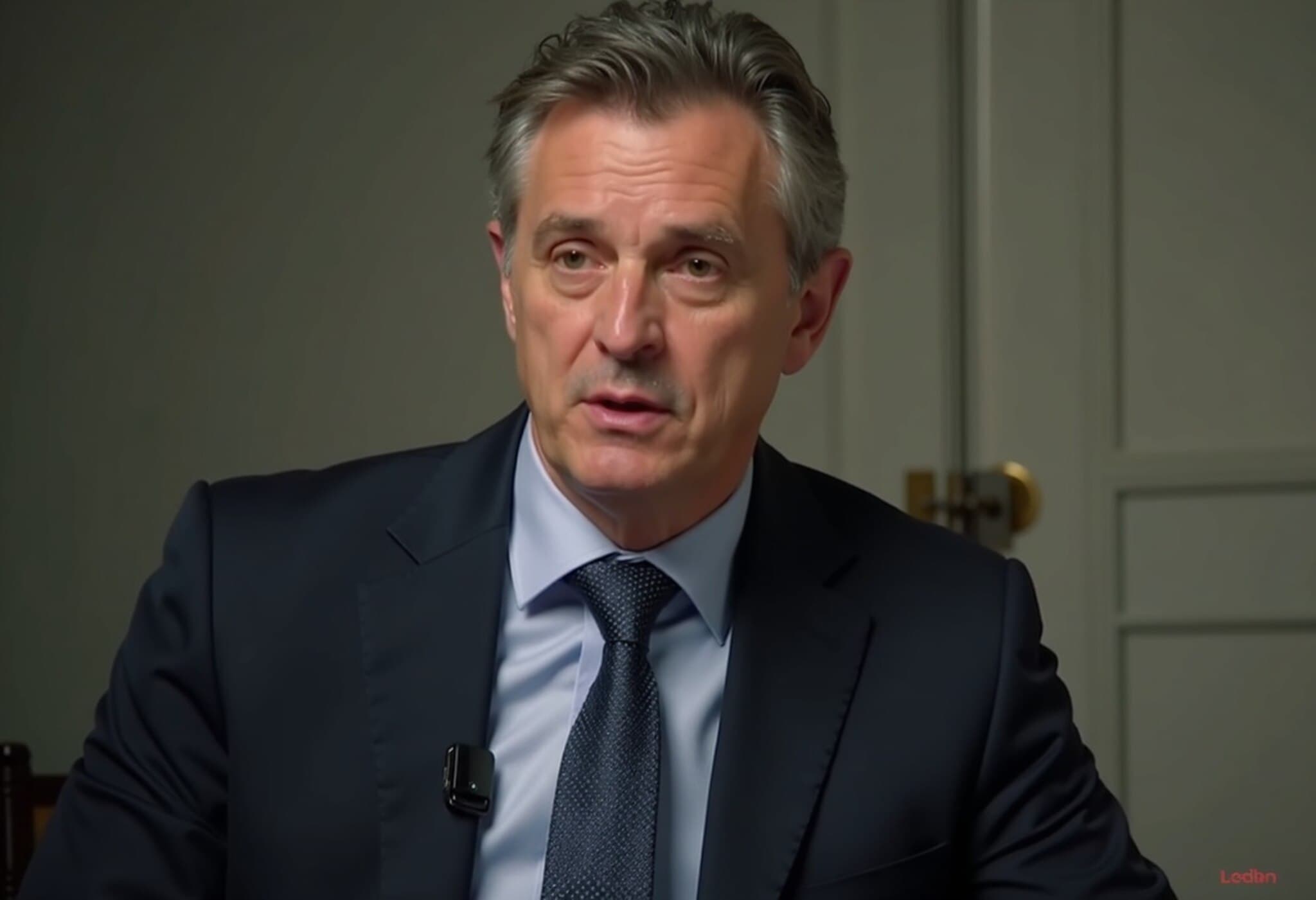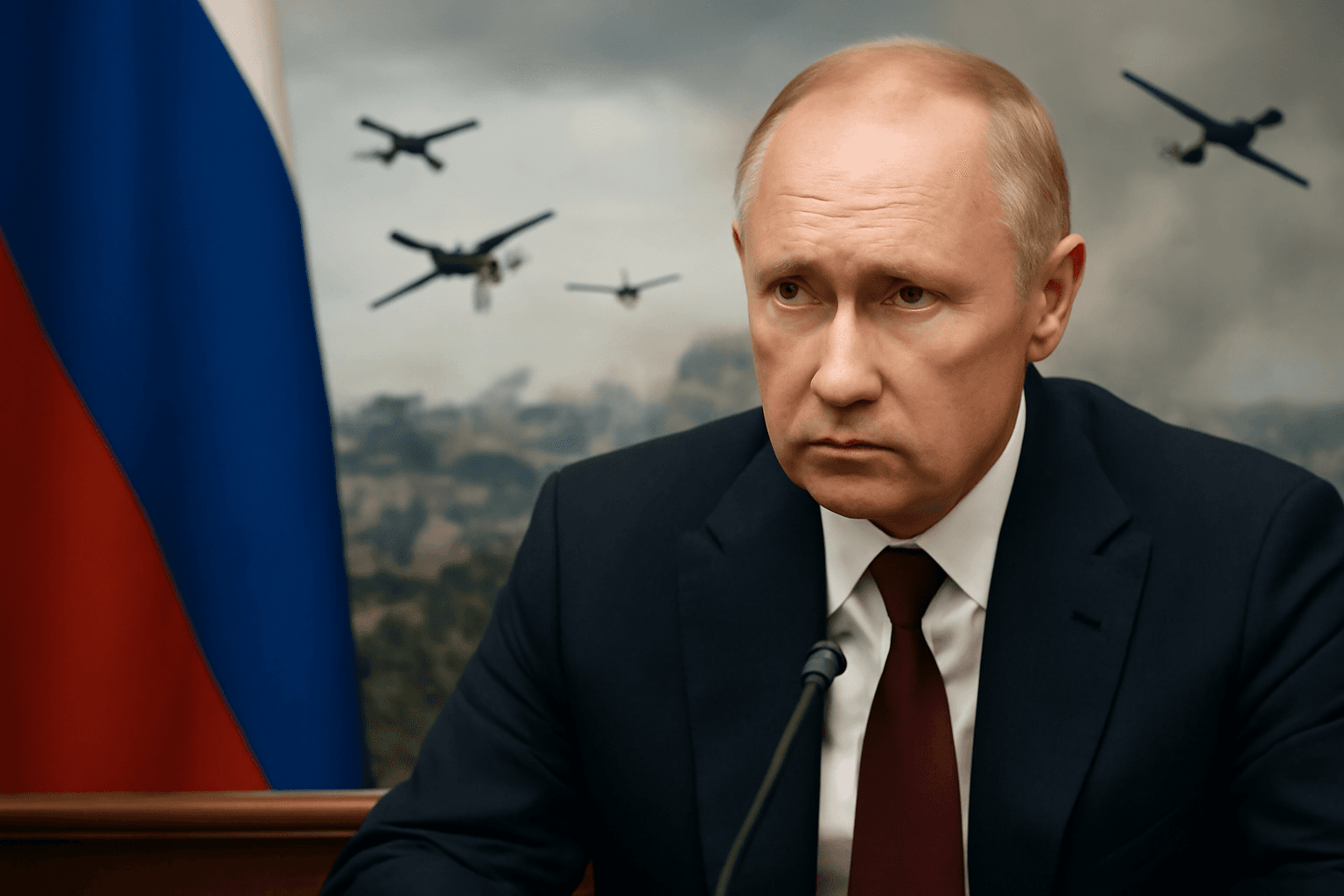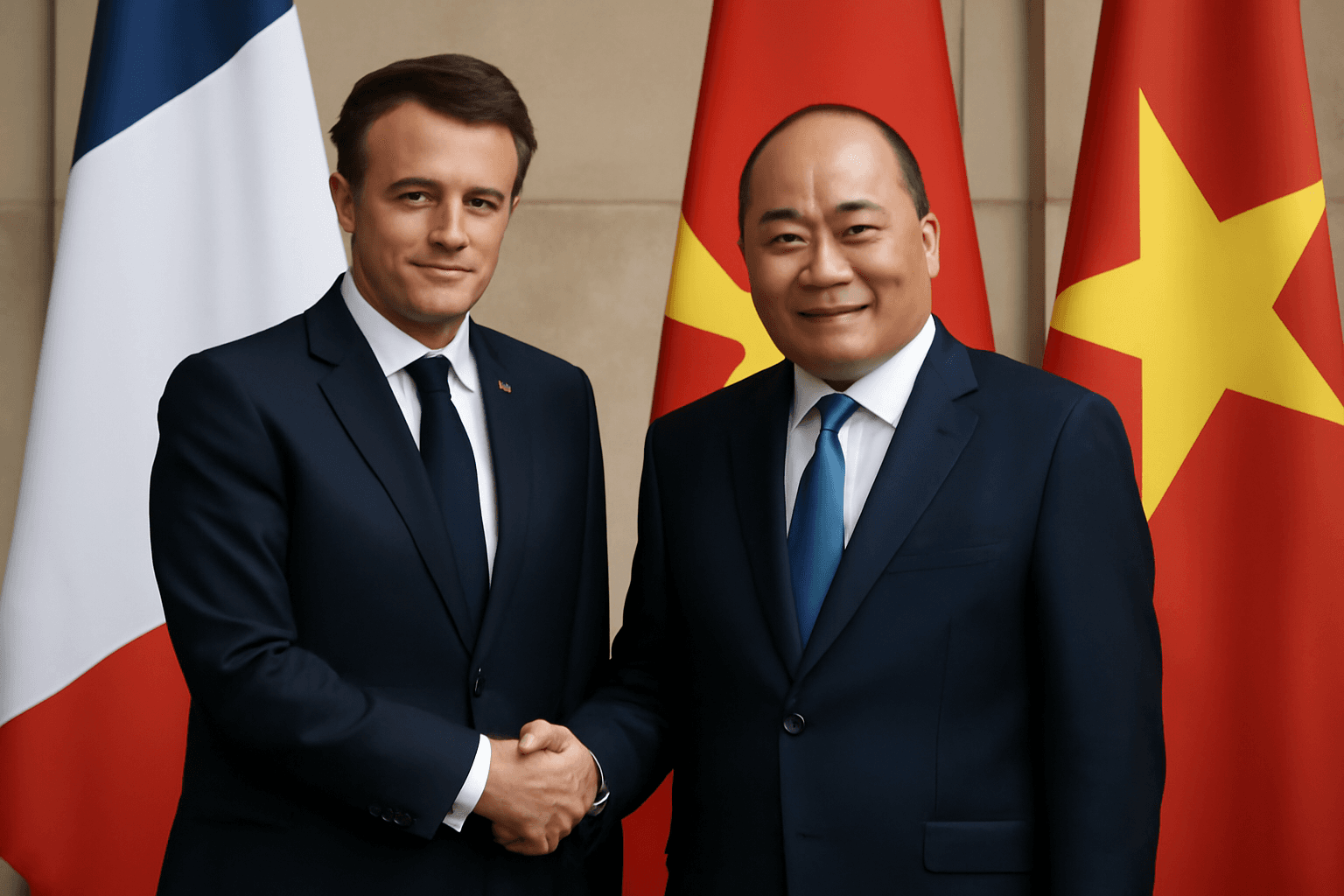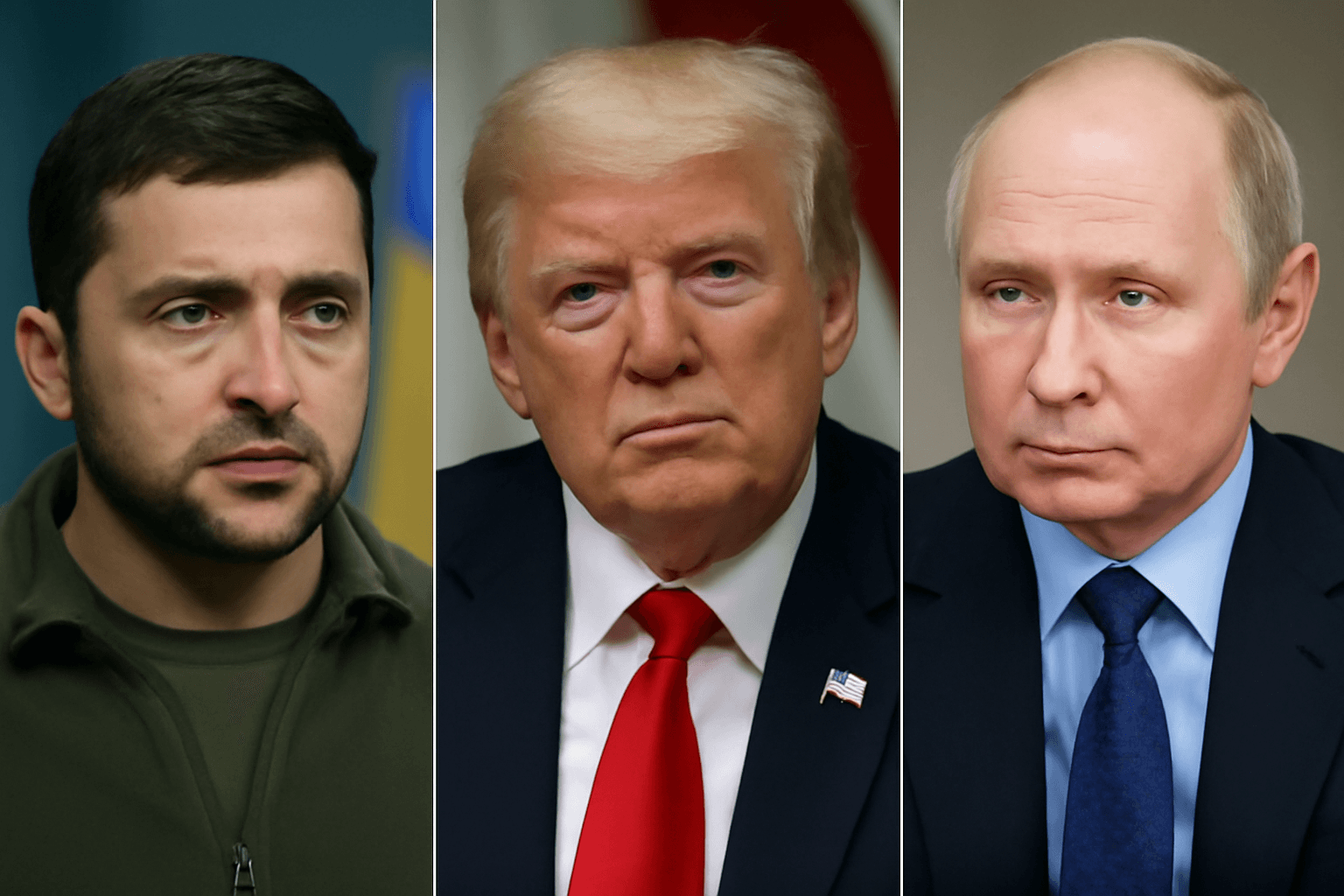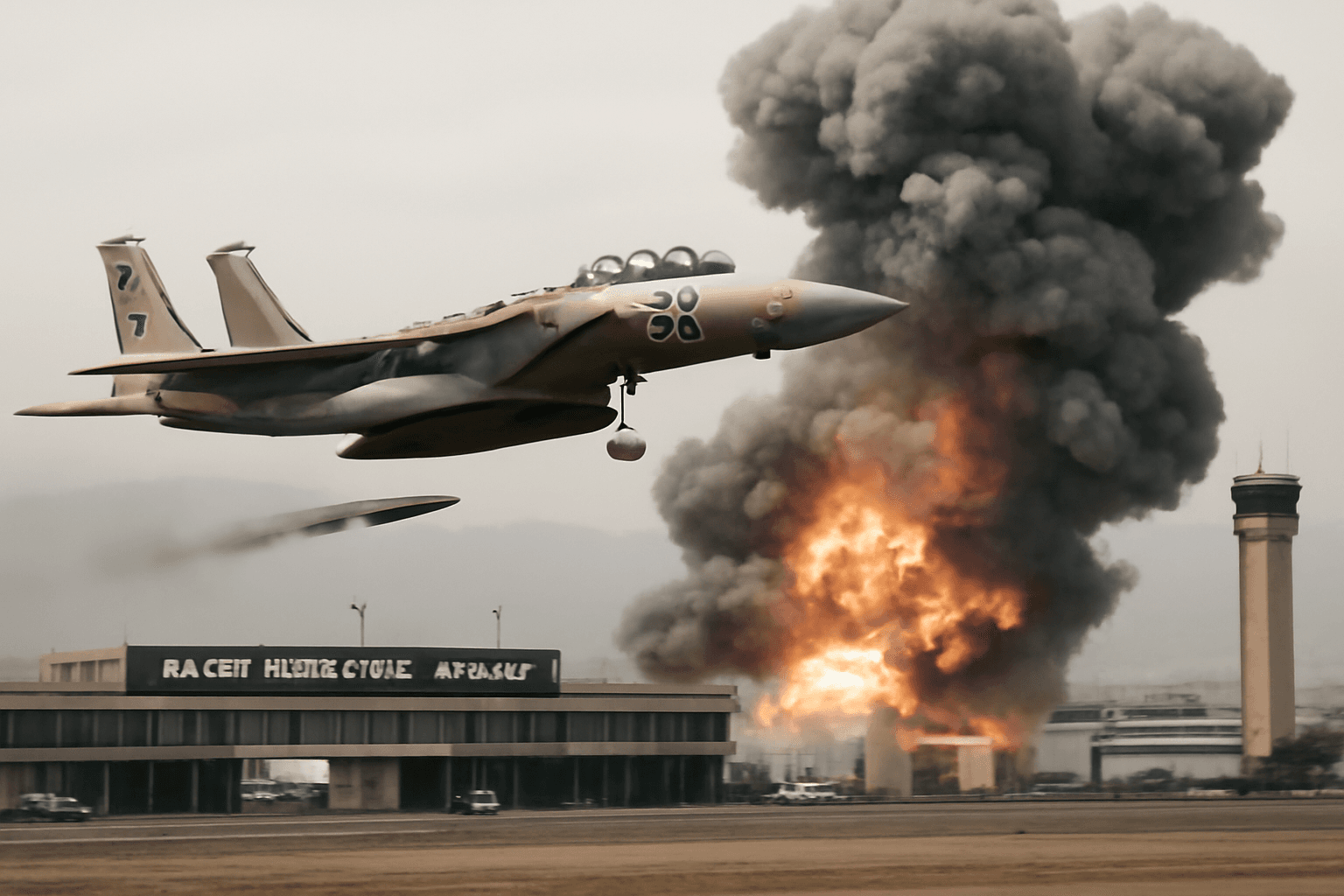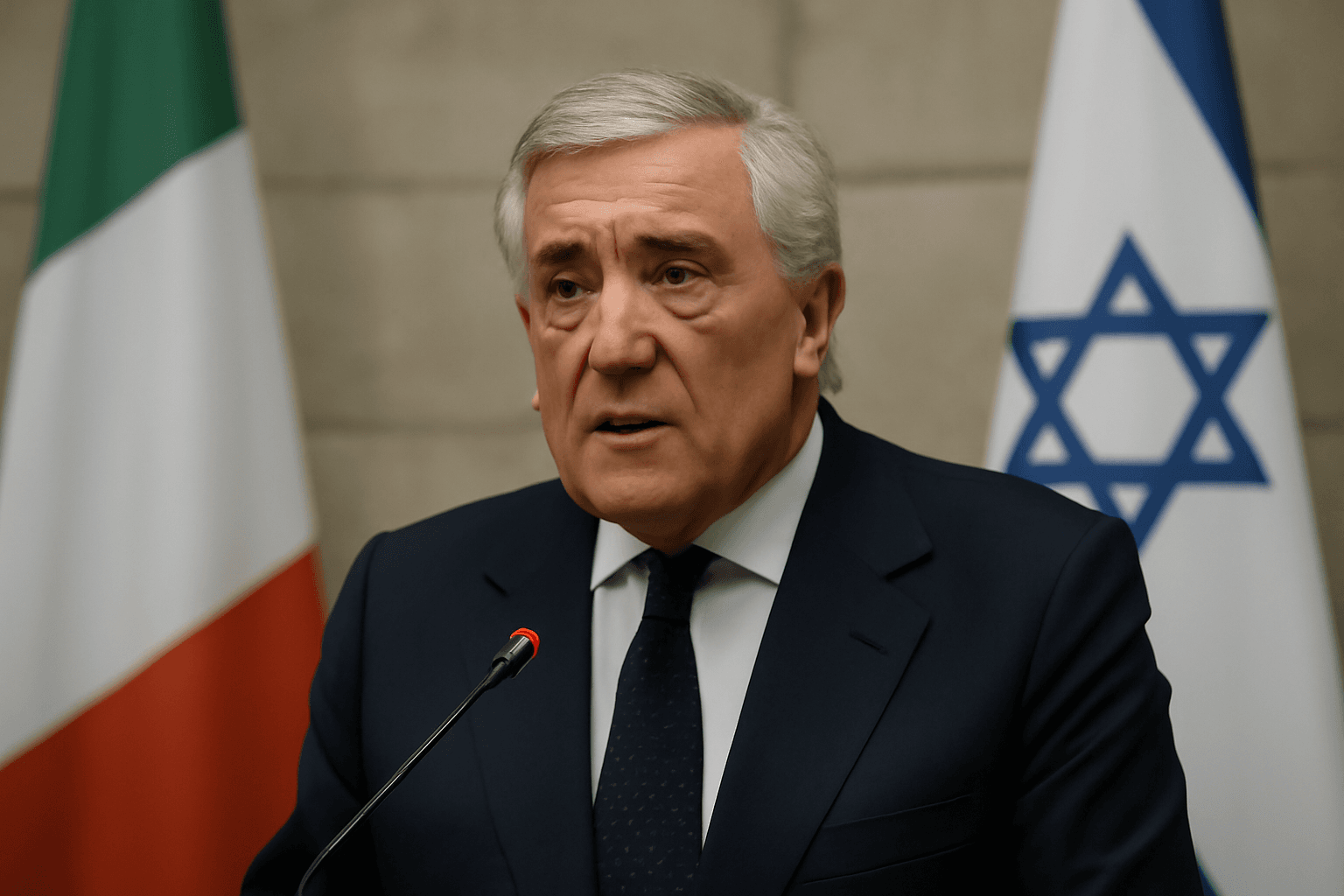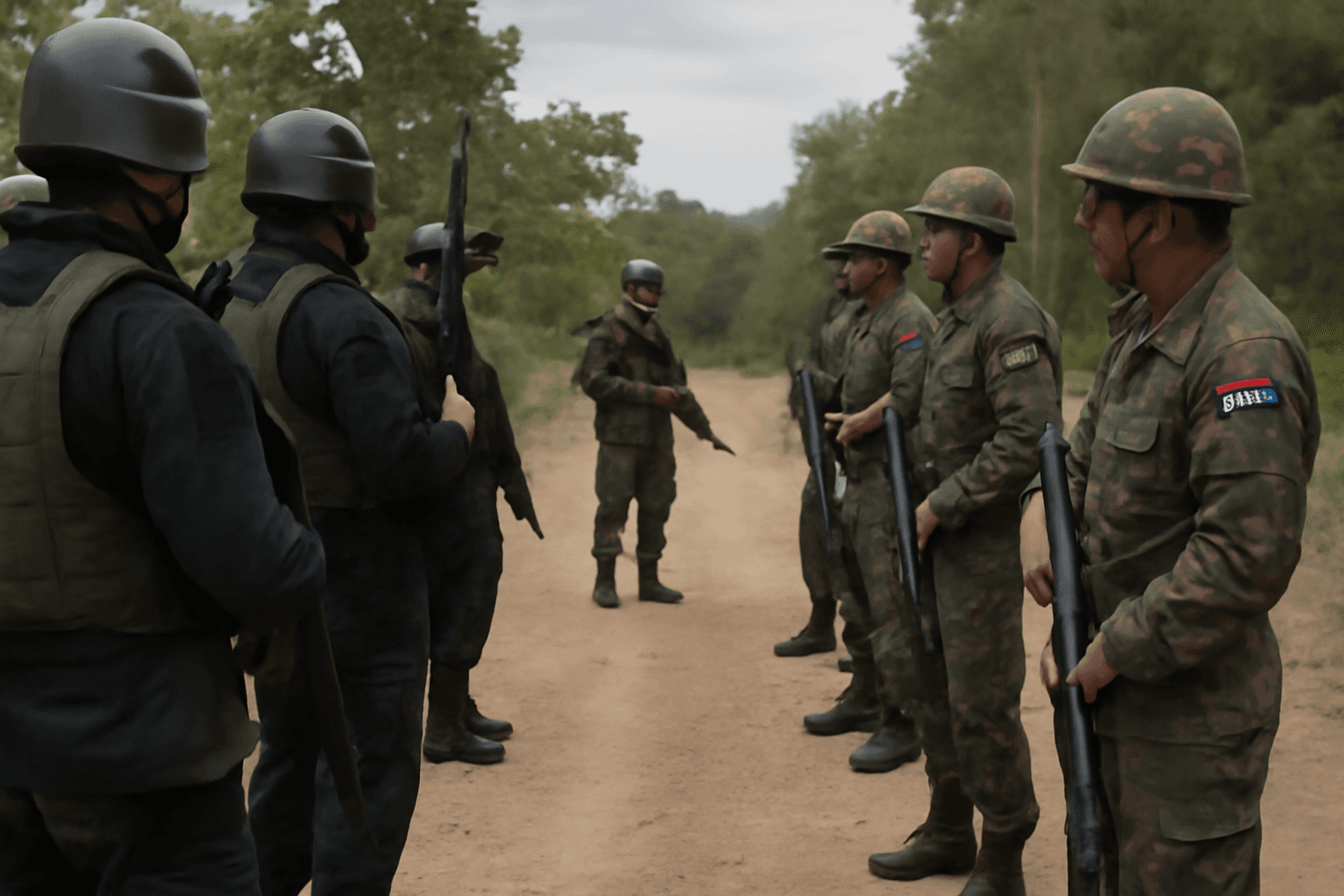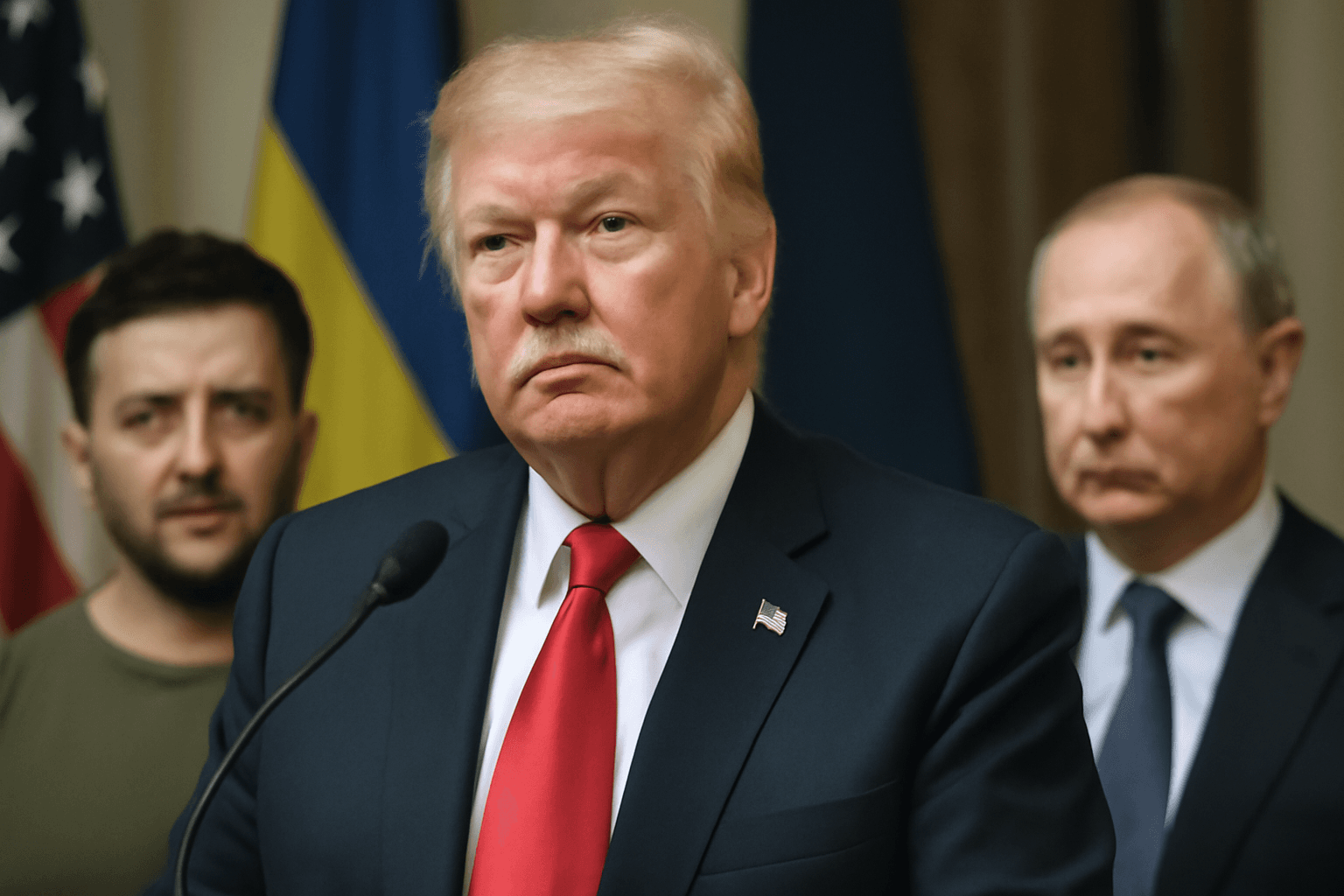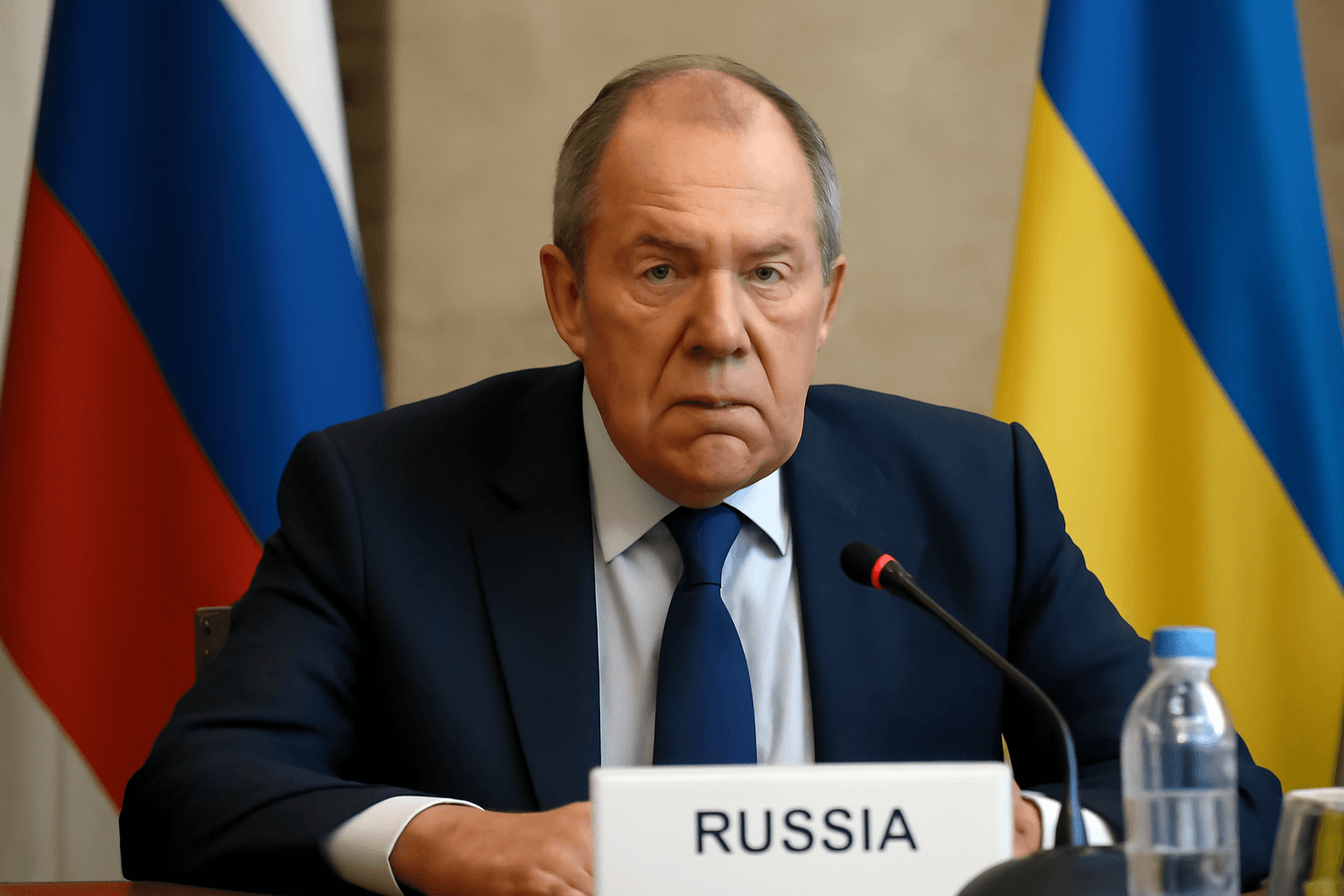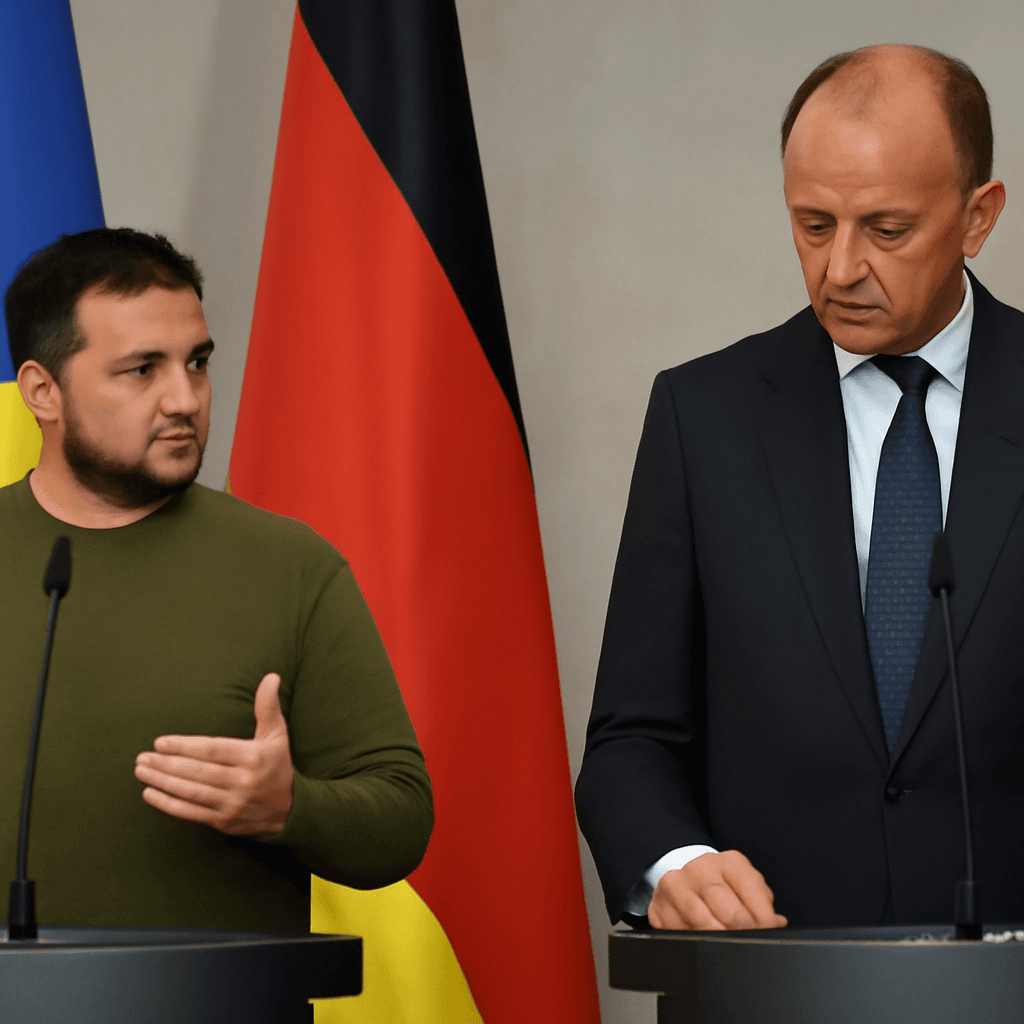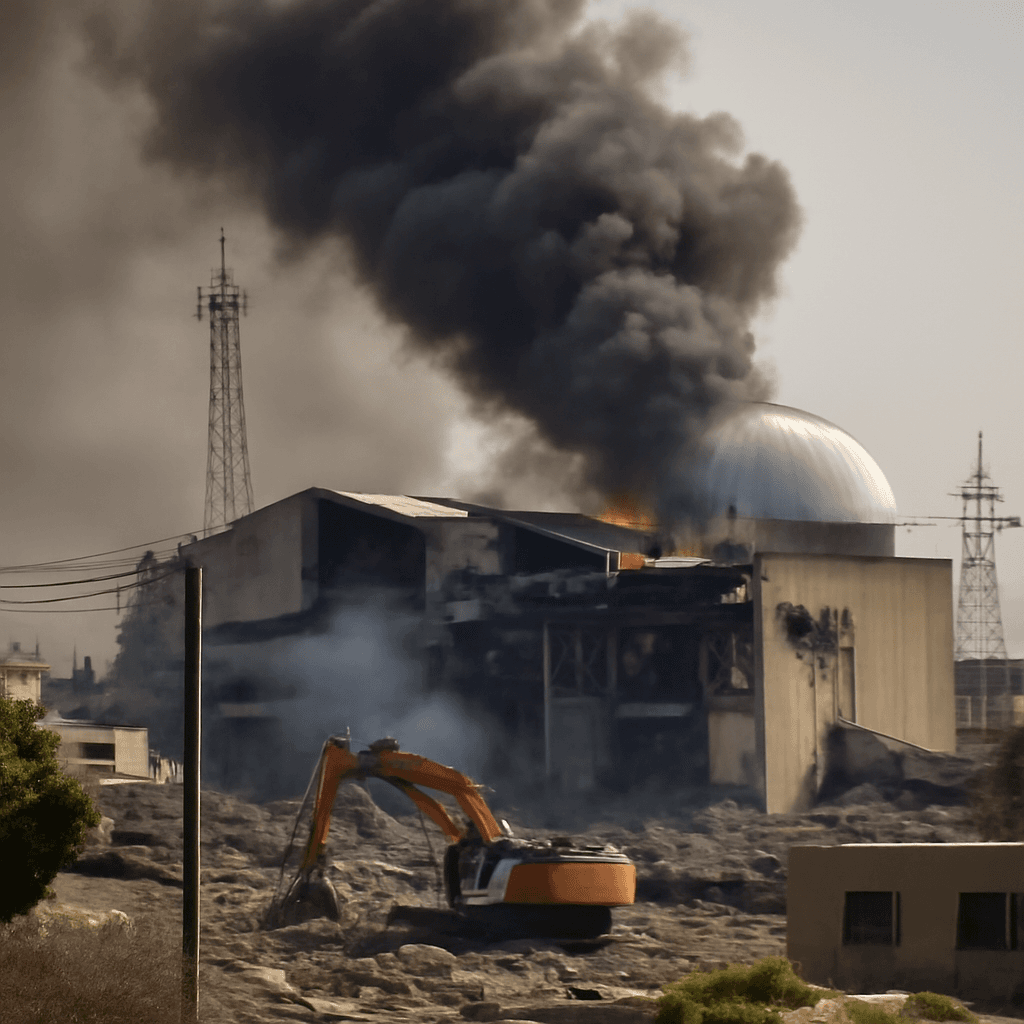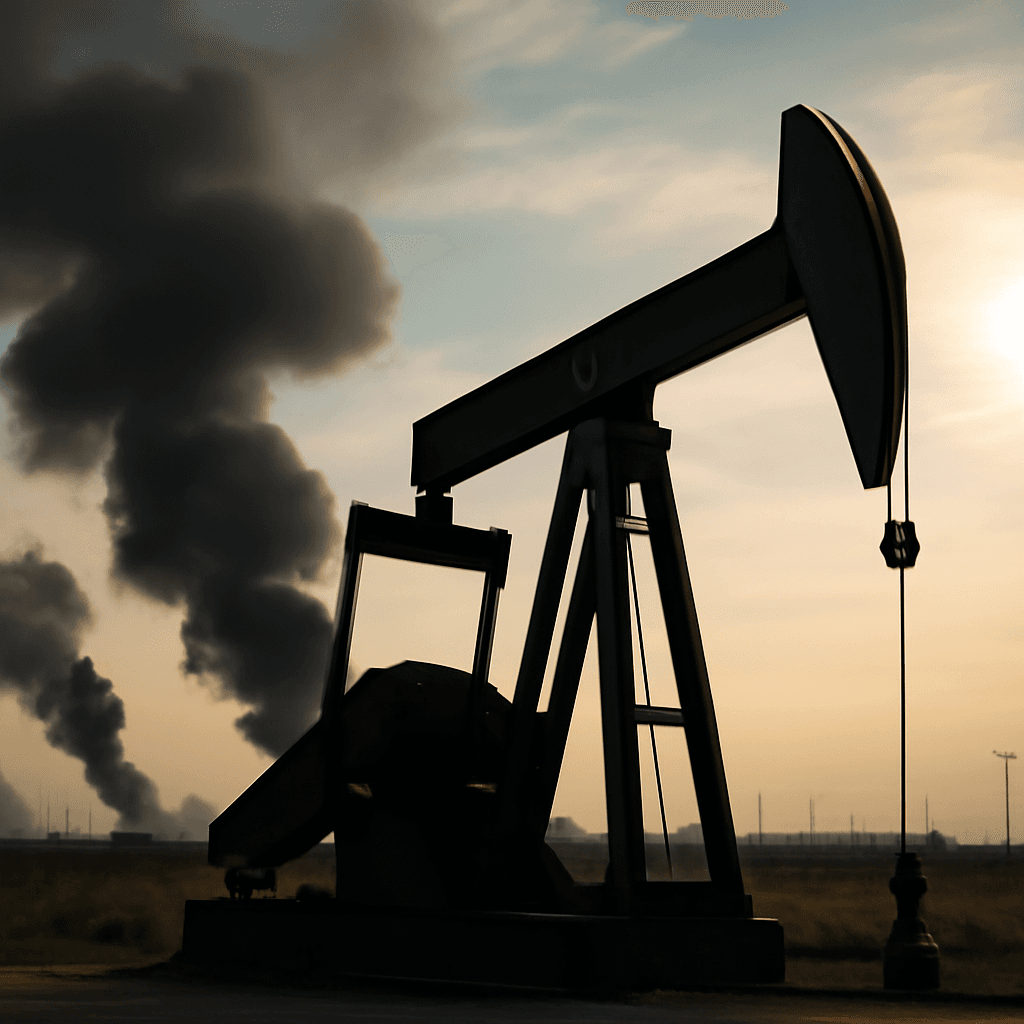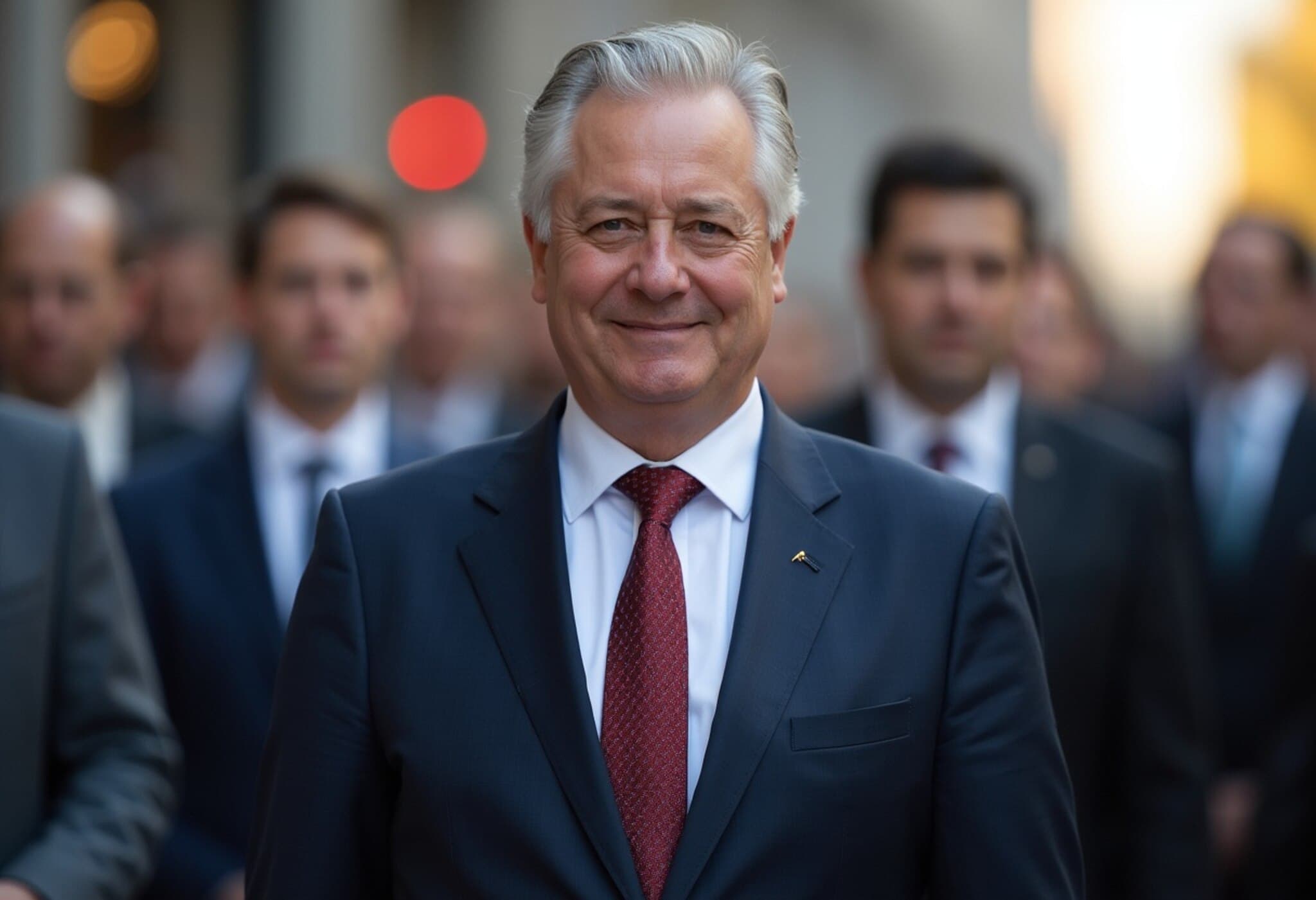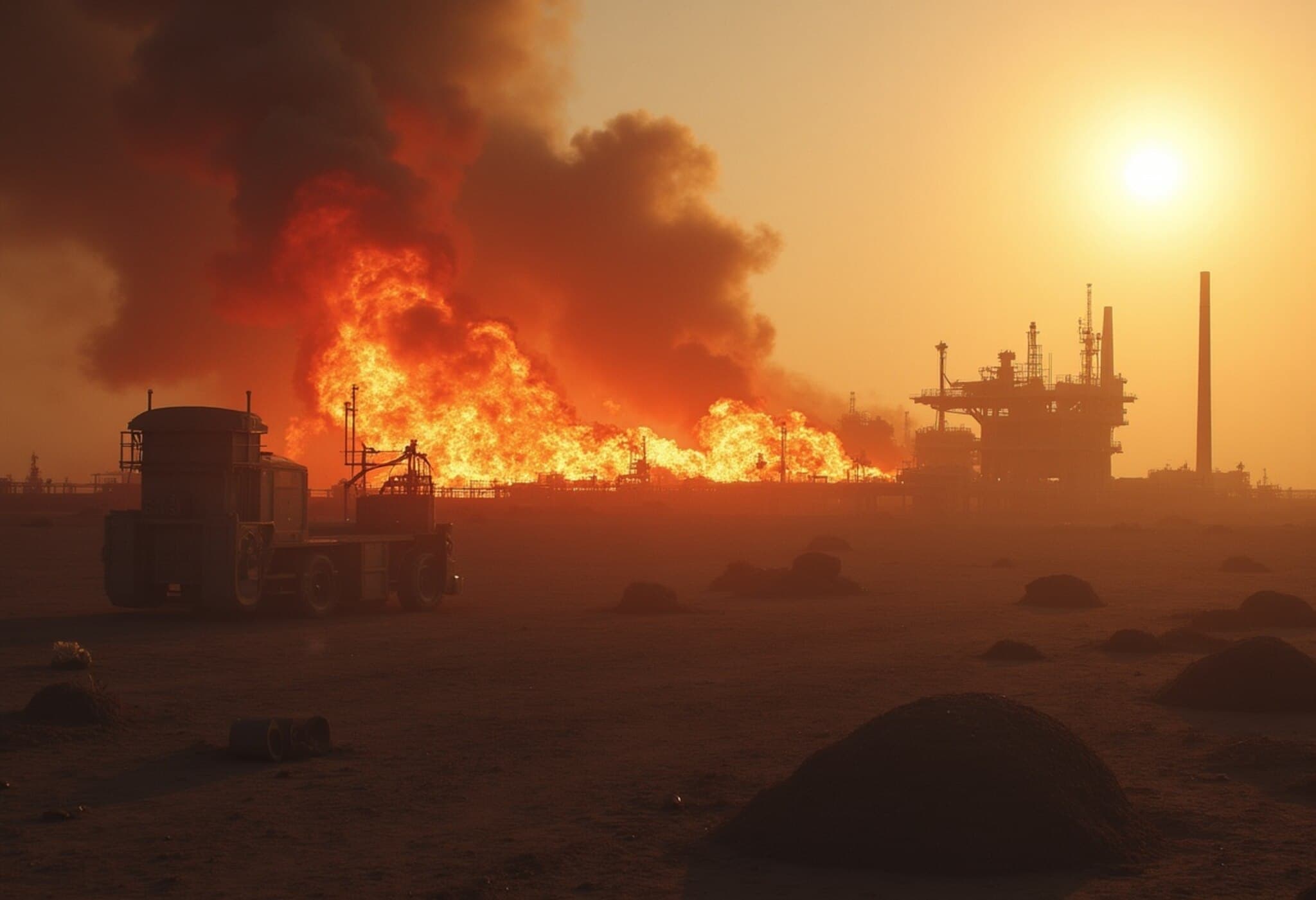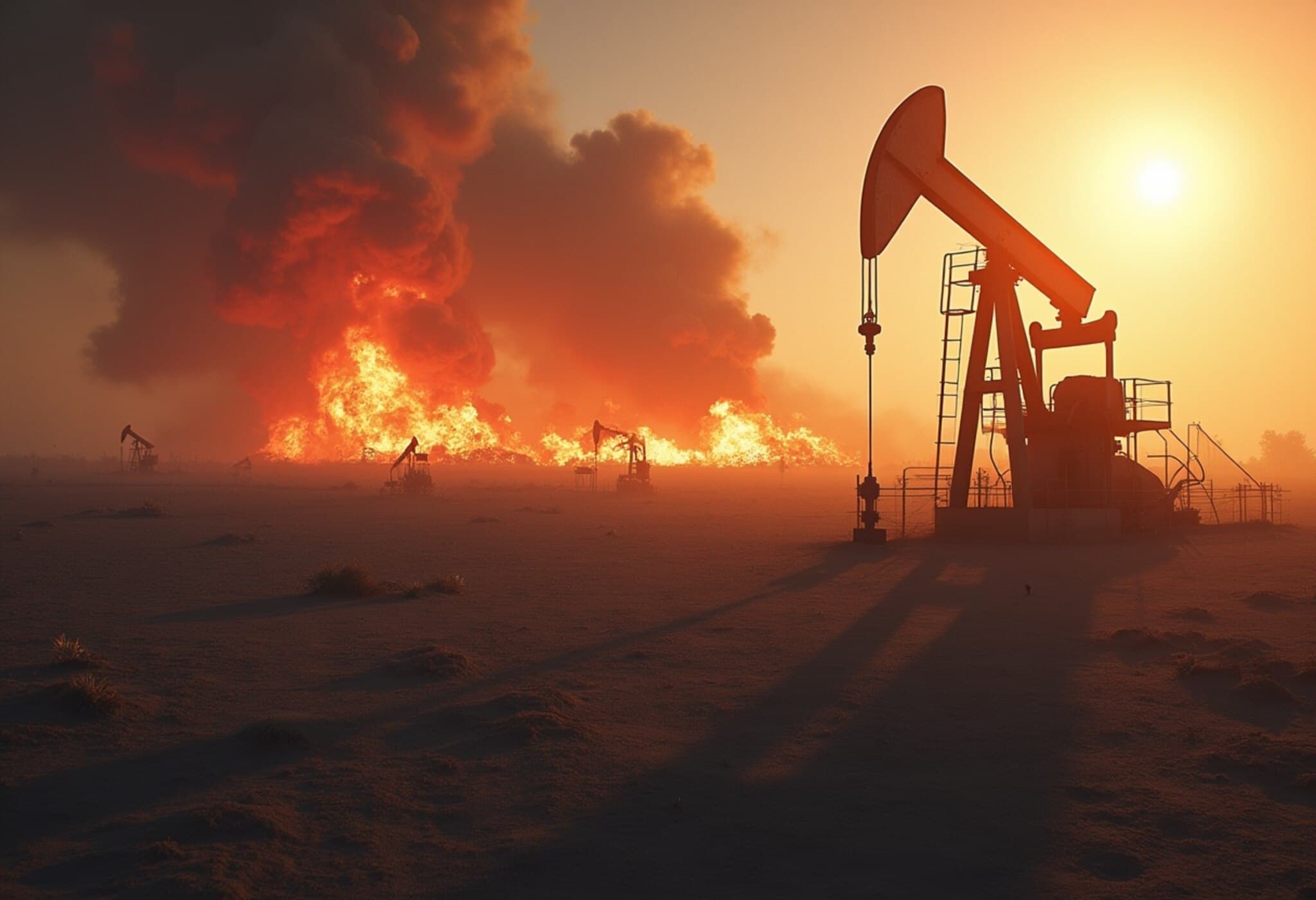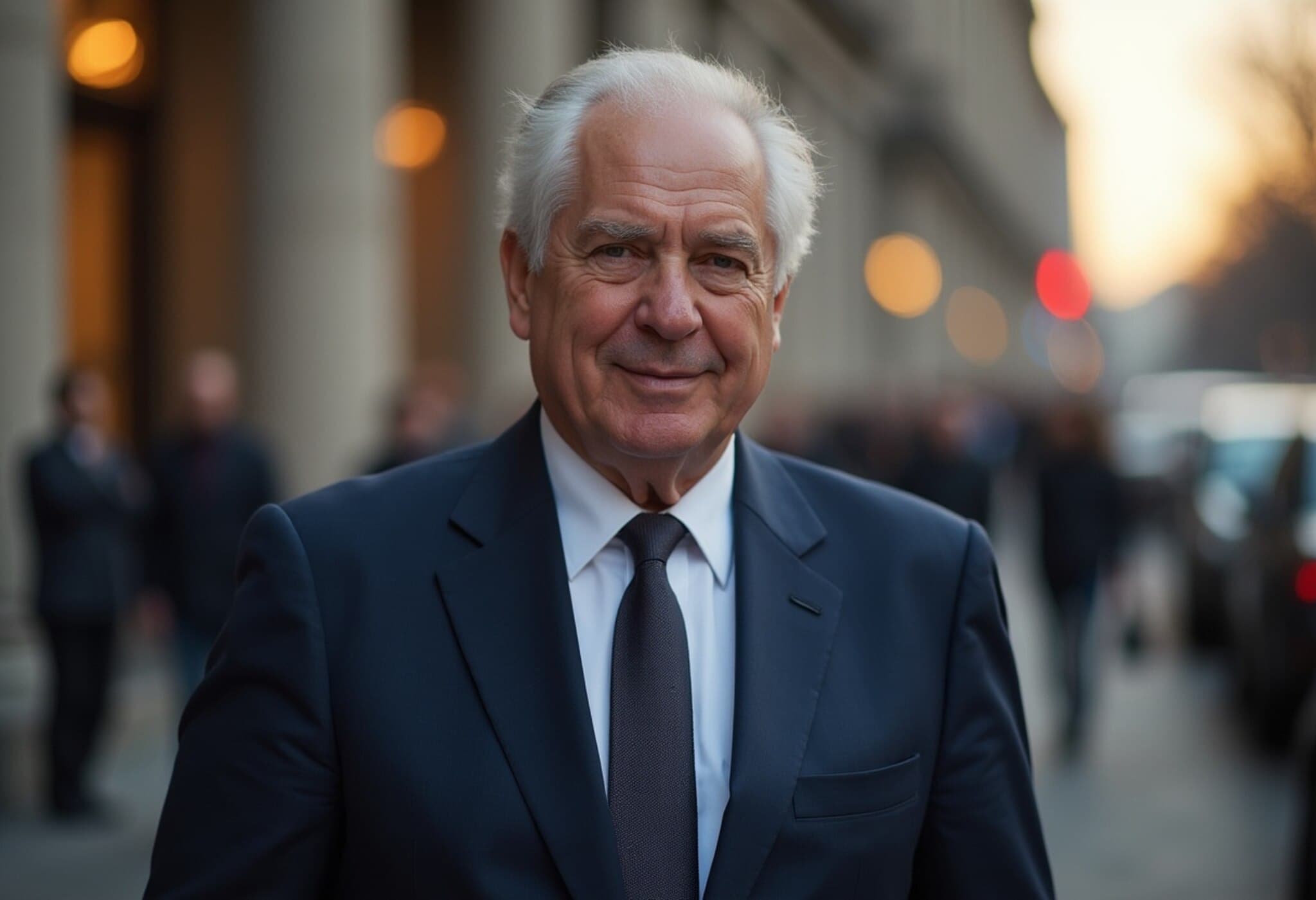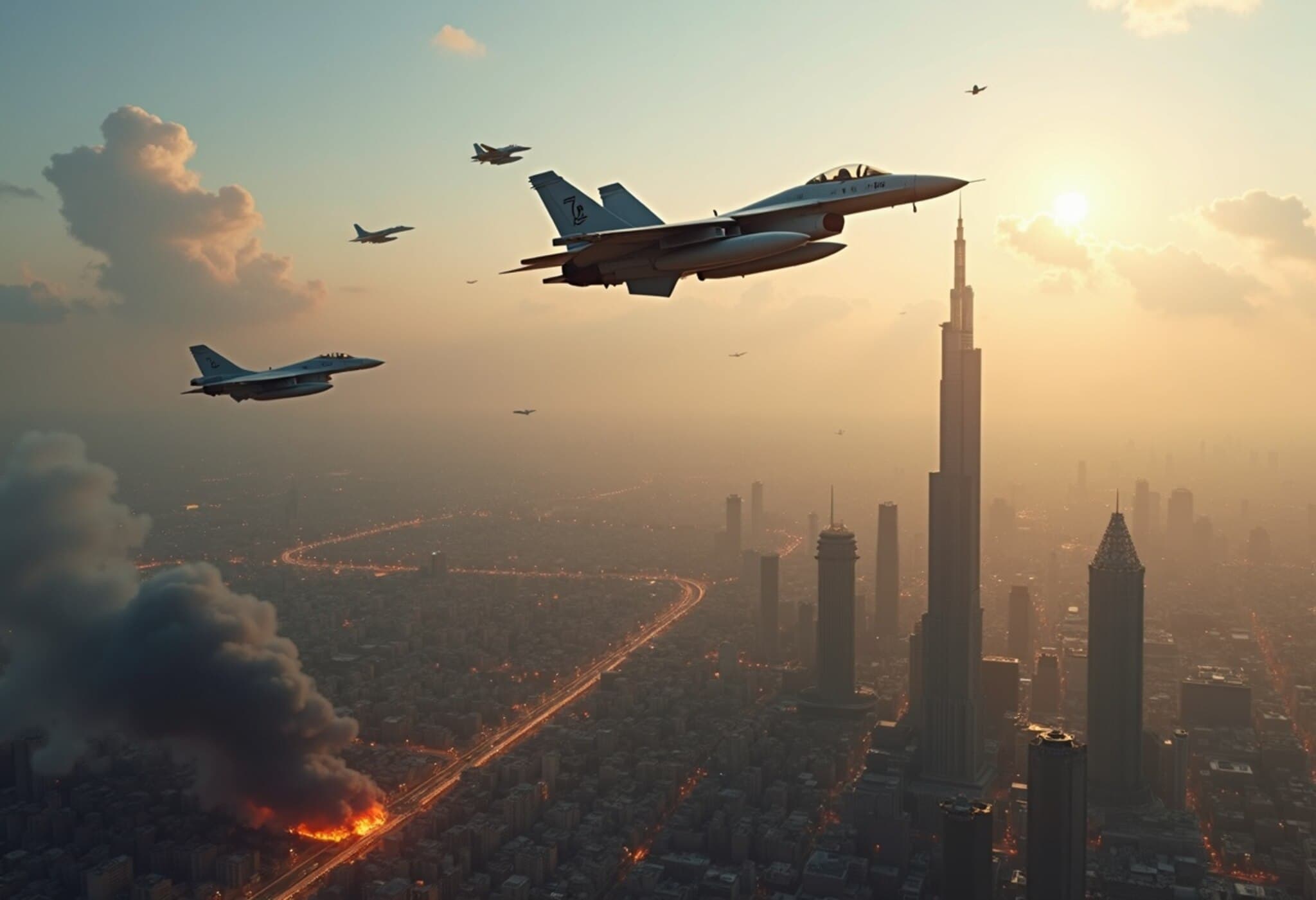Rising Oil Prices: A Windfall for Russia's War Effort
Ukrainian President Volodymyr Zelenskyy has sounded the alarm over the recent spike in global oil prices triggered by escalating conflict between Israel and Iran. Speaking from Kyiv, Zelenskyy warned that this surge is effectively bolstering Russia’s financial resources, potentially enhancing its military operations in Ukraine.
"The Israeli strikes on Iran have driven up oil prices sharply," Zelenskyy explained. "This benefits Russia, which gains increased revenue from its oil exports, strengthening their war capabilities against Ukraine." His remarks, made on Friday but held under embargo until Saturday afternoon, highlight a critical economic challenge Kyiv faces amid ongoing regional turmoil.
Implications for Military Aid and Global Security
The tension between Israel and Iran has raised alarms internationally, especially with large-scale Israeli attacks targeting Iran’s nuclear and military facilities, along with key personnel. This volatile situation threatens to disrupt Middle Eastern oil exports further, causing prices to jump by as much as 7% in recent days.
Zelenskyy is concerned that the conflict could divert valuable military aid away from Ukraine to Israel. "We would like to see aid to Ukraine maintain its course," he stressed. "Last time, regional hostilities slowed down support to our country, which we cannot afford." He mentioned plans to discuss these concerns directly with the US President, emphasizing the importance of continued assistance.
Military Assistance Challenges Amid Regional Conflicts
The president revealed that some military supplies originally intended to strengthen Ukraine’s defenses have been rerouted. For example, a shipment of 20,000 interceptor missiles, crucial to countering Iran-origin Shahed drones attacking Ukraine, was instead redirected to Israel amidst its own security needs.
Zelenskyy lamented this redirection as a blow, given that Ukraine faces relentless drone strikes daily—between 300 and 400—many of which are neutralized but some still pose significant threats.
Additionally, the advanced Barak-8 air defense systems, initially promised to Ukraine by Israel, were sent to the US for repairs but never delivered, further undermining Kyiv’s defensive capabilities.
The Coalition of the Willing and the Need for US Leadership
Zelenskyy also addressed challenges within the international coalition backing Ukraine. The "Coalition of the Willing," comprised of 31 supporting nations, has seen its momentum stall due to uncertainty over American commitment to a military "backstop."
"Europe has yet to fully decide it will stand with Ukraine unless the US confirms its involvement," Zelenskyy said. The assurance of foreign troops acting as a reassurance force remains pending, contingent on clear American support.
Notably, Zelenskyy revealed this reassurance force could pave the way for Kyiv to negotiate territorial compromises with Russia—an unprecedented linkage between foreign military presence and the willingness to make concessions.
"Their presence would provide the security guarantees needed for us to consider compromises, as currently, our state lacks the strength to restore all territories within its 1991 borders," he explained.
Looking Ahead: The Vital Role of Sanctions and Support
The Ukrainian leader underscored the critical need for sustained, stringent sanctions against Russia and enhanced military aid from Europe and the West. Without these, he cautioned, Ukraine's position would become increasingly precarious.
"Frankly, without strong US sanctions on Russia, our struggle will be much harder," Zelenskyy declared, emphasizing the urgency of international unity in backing Ukraine during this pivotal period.

